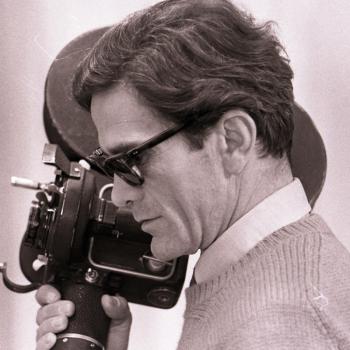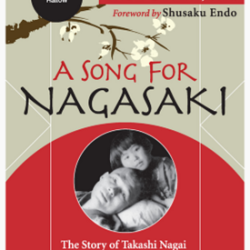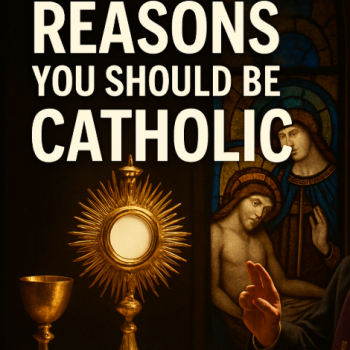Your book argues that fasting is a response to the sacred -- and in its most classical form it's a response of grief -- grief for our failings or compassionate grief over the needs of the world.
Basically, you argue that fasting isn't about "us" as much as it's about our fundamentally reconnecting with the far broader needs of God's world.
The standard way we hear Christians talking about fasting these days -- especially Christians who have gotten into the spiritual-disciplines movement -- is to talk about fasting as if it's prayer on steroids. We hear preachers trying to motivate people to fast by describing it as a kind of hyped-up way to pray when we really, really, really mean business!
Some people even suggest that, if you fast, you're more likely to have your prayer requests taken up by God. There are a number of public statements made by Christian leaders who've said that they believe the church is in a weak condition today because people aren't fasting anymore.
I call this the instrumental theory of fasting. We start trying to use fasting in the way we use an instrument to accomplish a goal. It's like getting in a car so that we get to the corner more quickly. It's something we can use to get what we want.
My contention from reading the Bible is that -- if this idea makes sense at all -- it's a minor aspect of fasting. And it may not even exist at all as a real spiritual principle. The biblical approach to fasting is that it's a whole-body response to something, rather than an act we take to get something in return. When someone dies, we fast because we are entering into the grievousness of the moment. When Israel is about to be attacked by some foreign country, fasting is a response out of the fear of what's about to happen. Or when something tragic happens to the country, people fast in response.
Yes, they pray. But the emphasis in the Bible is that they fast in response to just how awful the situation is.
You point to examples from the life of King David and the writings in Isaiah. For example, you point out that in the 58th chapter of Isaiah, we find a fairly acidic rebuke of people who fast out of self-righteousness or self-absorption. The passage includes these words:
Is not this the fast that I choose:
to loose the bonds of injustice,
to undo the thongs of the yoke,
to let the oppressed go free,
and to break every yoke?
You conclude, "These words must remain at the center of all teaching about fasting. Every generation needs an Isaiah to stand up in the middle of the action and say, 'Hey, folks, this isn't about us! What we give up when we fast should be given to others.'"
It's a typical teaching today for Christians to fast and then save the money from what they don't eat. Instead of eating a normal meal, they may eat oatmeal and save the money to give to the poor. I think that's very good. It's an act of charity, alms giving, generosity.
The primary idea of connecting fasting and the poor is there in Isaiah 58. But it's more metaphorical in Isaiah than just saying you should fast to do something good for others. Isaiah is saying something more than that. He's saying that God will ignore your fasting if you are treating other people unjustly. Isaiah does say that a true and genuine fast is to feed the poor and help orphans. But this goes back to seeing fasting as a whole-body response to a grievous situation. The genuine fast is to enter into the poverty of other people by not eating. The deeper emphasis here is not on doing this in order to give money -- but on making a whole-body response.
That to me is what fasting is about. In the connection between fasting and the poor, you're really fasting because, before God, you're becoming the kind of people who help the poor rather than build a bigger house for yourself or buy more expensive meals for yourself. We are moving into a different moral world.
You point out that one of my own spiritual heroes, John Wesley, fasted twice each week and expected that fasting would remain an important, weekly part of Methodism. Unfortunately, it isn't anymore in most branches of Methodism. But I think Wesley embodied exactly what you're talking about here: Fasting not as a way to become more personally holy, but as a natural response to the injustices in the world.
I love this passage in your book: Wesley "cut the Methodists of his day no slack because fasting was for Wesley symbolic of spirituality itself: 'Since, according to this, the man that never fasts is no more in the way to heaven than the man that never prays.'"




